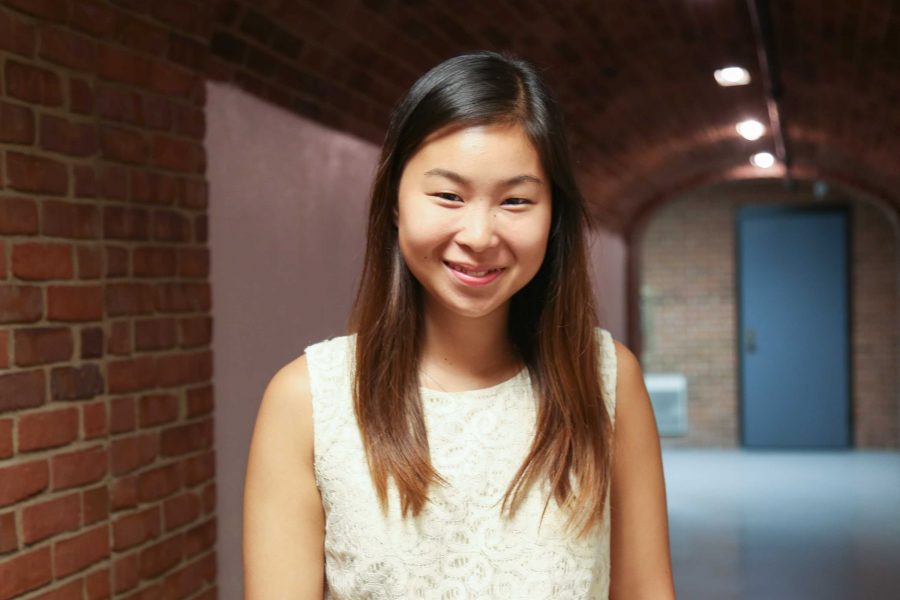Over the weekend, thousands across the world came together once again as part of the “Women’s March” movement. From Los Angeles to Nashville to Berlin to Sydney, people turned out to protest President Trump, sexual harassment and unequal pay and treatment. The issue of sexual harassment had a particularly large platform this year given the rise of the #MeToo movement and scandals involving well known male celebrities such as Harvey Weinstein and Matt Lauer. The Time’s Up Movement also contributed to the organizing of this year’s march predominantly in the U.S. and Britain. Many of the key reasons for marching remained the same from last year which prompts me to take a look at what has changed.
Within the past year, more women than ever have run for office in the United States. Cincinnati elected a new councilwoman, Tamaya Dennard, who brought her own folding chair to her swearing-in in line with Shirley Chisholm’s quote, “If they don’t give you a seat at the table, bring a folding chair.” Danica Roem became the first openly transgender person to serve in a state legislature. Seattle elected the first female mayor in a century, Jenny Durkan, who is also the first openly gay women to hold that position. Vi Lyles became the first female mayor of color in Charlotte. These women are only a few of the firsts that were accomplished this past year in the realm of political office.
In other realms, women led the way in organizing and speaking up. The #MeToo movement empowered people to share their own experiences of sexual harassment and assault. It brought into light the scope of the issue and helped to bring survivors together. Female celebrities such as Reese Witherspoon, Rosario Dawson, Oprah Winfrey, and Constance Wu spearheaded the Time’s Up movement which seeks to address and eliminate sexual harassment and assault in the workplace. Personally, you may have called your senator or representative. Maybe you shared your own story of sexual assault. In any way, shape or form, many people experienced firsts this past year for the sake of equality and justice.
Even with these accomplishments, however, we cannot become complacent or comfortable. Attendance for the march went down from last year. Worldwide, there were millions but it is estimated that attendance will number in the hundreds of thousands for this year. Let us not mistake progress for women in the U.S. as progress for women all across the world. Let us not smugly pat ourselves on the back and think that there is not work still to be done.
Women are still not considered full citizens in certain countries. Women are not protected from domestic and/ or sexual violence by some countries’ justice systems. Honor killings continue to happen with little attention. Standing up for women’s rights means standing up for all women’s rights regardless of sexual orientation, race, or religion. As Halsey said in her poem at the Los Angeles Women’s March, “But we are not free until all of us are free, so love your neighbor, please treat her kindly. Ask her her story and then shut up and listen. Black, Asian, poor, wealthy, trans, cis, Muslim, Christian, listen, listen and then yell at the top of your lungs, be a voice for all those who have prisoner tongues, for the people who had to grow up way too young. There is work to be done, there are songs to be sung, Lord knows there’s a war to be won.”

